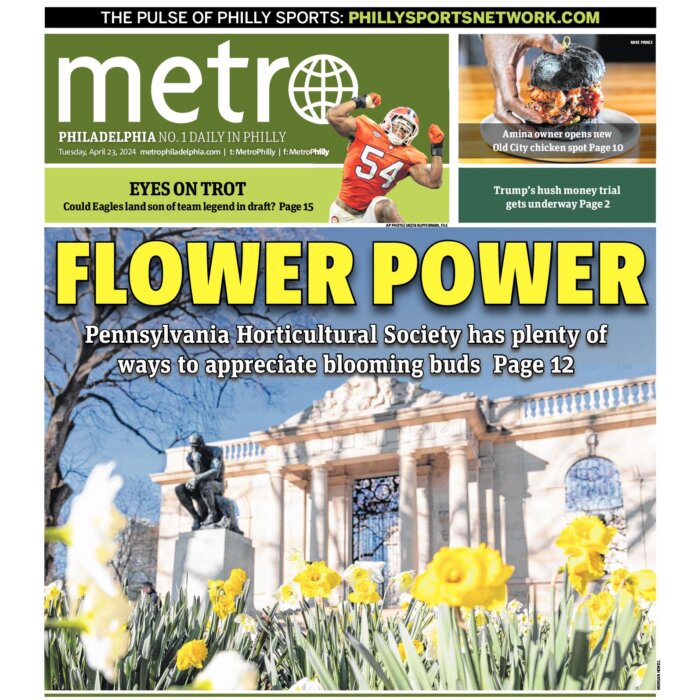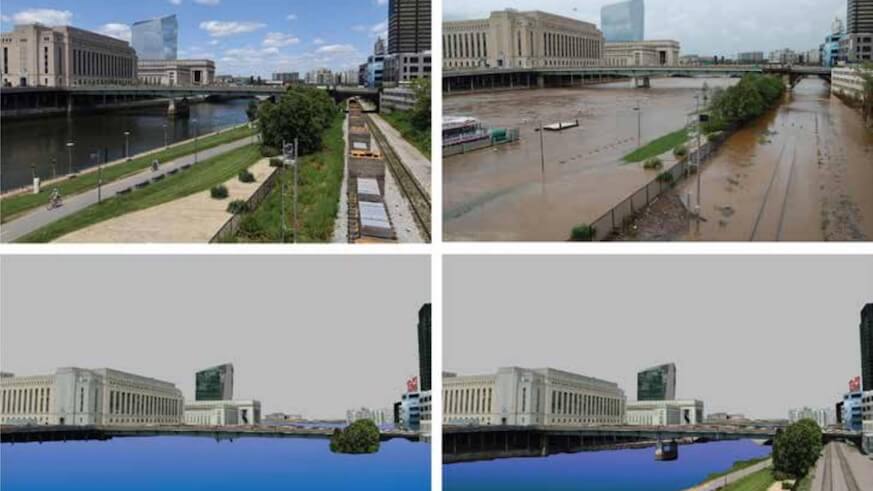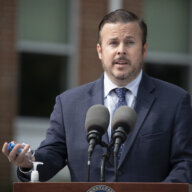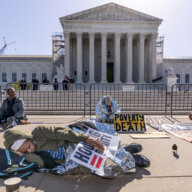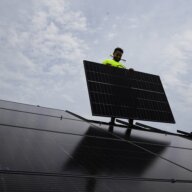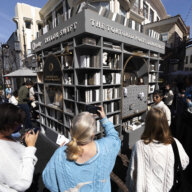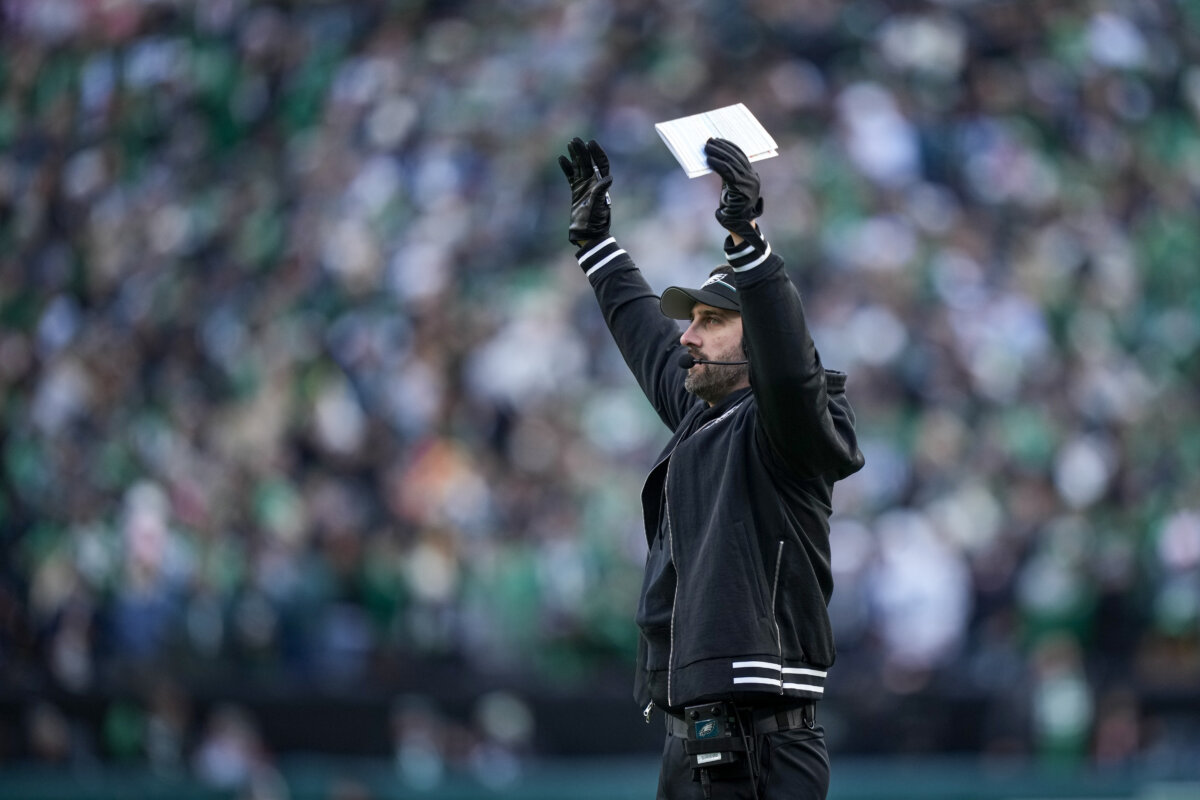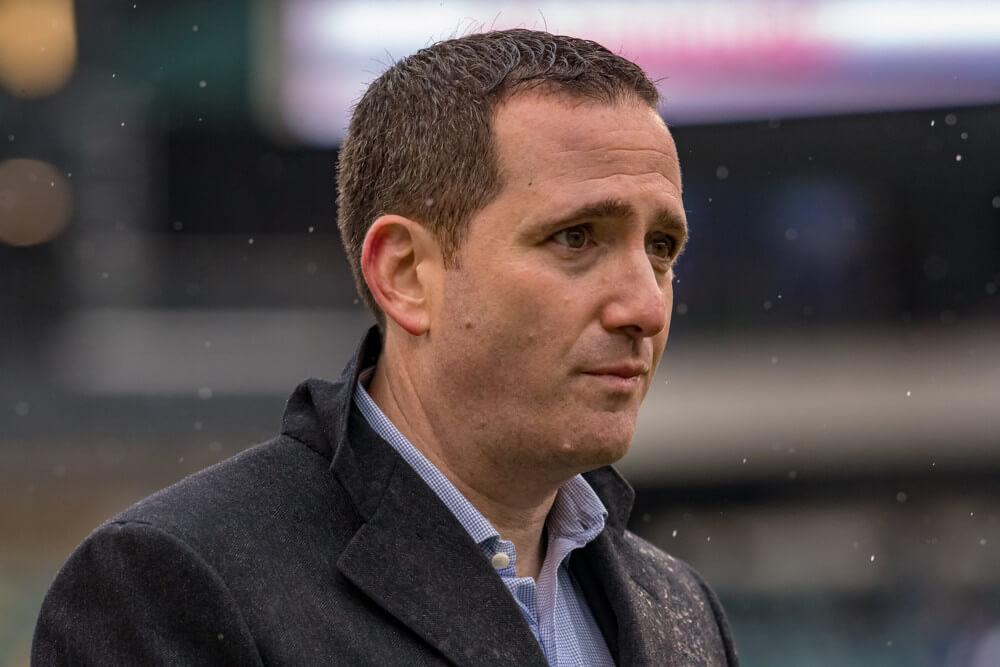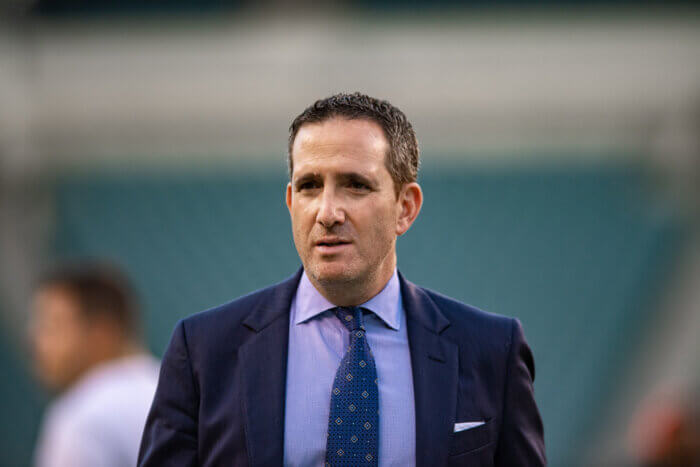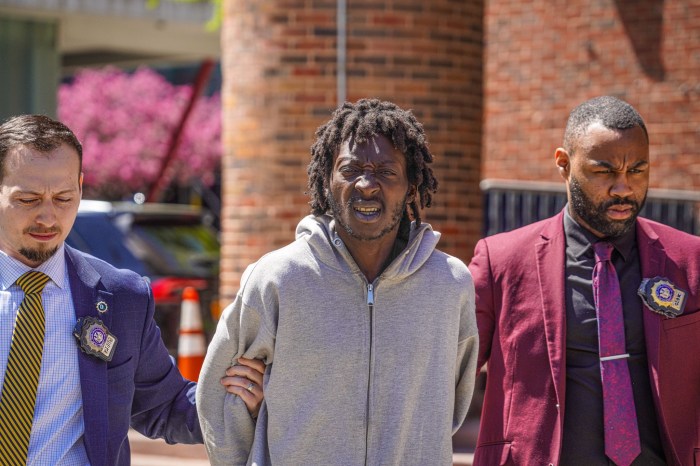Philly Nexus recently kicked off its series of Urban Regeneration Forums, exploring how a regeneration-based approach can untangle some of the earth’s thorniest problems. In April, they’ll be partnering with Temple University to return for the second forum, focusing on the theme of “resilience.”
Resilience as a concept involves examining the safety and stability of almost any human community over time. It’s often used in reference to a community’s preparedness for rising ocean levels or other natural disasters. But organizers with Philly Nexus see resilience as intertwined with the social fabric as well: with issues like multi-generational poverty, structural racism and sexism posing as much of a risk as architectural design or urban planning.
“Climate change is the impetus for most of the conversation out there,” said Max Zahniser, founder of Philly Nexus. . “The reality is we have neighborhoods that have had centuries of resilience problems because of Jim Crow and red-lining. We’ve got plenty of slow disasters happening for a long time, climate change is just the big one that has a sense of urgency to it.”
Many US cities including Philly have conducted basic vulnerability planning in the region, but Zahniser said the conversation needs to be steered away from “business-as-usual” solutions with a disaster-response mindset, like setting up concrete bulkheads and walls to keep out rising ocean levels.
“When you look at New Orleans and what happened with Katrina, actually our decades of business-as-usual thinking and engineering led to all these sea walls, culverts, and levees, essentially bypassing the marshlands and thereby killing them,” he said. “Those are the natural systems that absorb a storm surge on a coastline, and so the preventive measure that we engineered killed the living systems that actually did an even better job of prevention.”
Taking a regenerative approach to resilience can mean taking a holistic look at the ecosystem and determining how to support and encourage natural processes, Zahniser said.
“What if ecologists had equal authority to engineers, designing levees six-seven decades ago?” he asked asked. “Then what we might have been doing was working really hard to restore and regrow living ecosystems that are really good at absorbing storm surges. … If all you’re planning for is to react to collapse, you’re ensuring collapse.”
Cities like Boston’s strategies for expected rising sea levels split between the ‘gray,’ engineered solutions like dams and concrete walls, and the ‘green,’ meaning more natural solutions, like rehabilitating coastline green spaces to adapt to higher ocean levels. While Philly may not be there yet, Zahniser believes the public, educators and policy makers in Philly should be open to the regenerative approach to resilience, toward whatever threats are most serious at in the present.
“In Philly, there are already examples of some of the underserved neighborhoods where crisis feels pretty regular,” Zahniser said. “We hope we’re setting up the conversation around not only what can you do in your day-to-day life, but what role, on a larger scale, can we play in our city’s resilience.”
The second Urban Generation Forum, presented by Philly Nexus and Temple University, will take place at Temple’s Ritter Hall on April 11, 2018 from 6–9 p.m. To learn more, visit citycoho.com.
